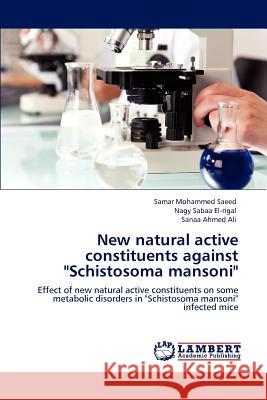New Natural Active Constituents Against Schistosoma Mansoni » książka
New Natural Active Constituents Against Schistosoma Mansoni
ISBN-13: 9783847311331 / Angielski / Miękka / 2011 / 248 str.
Schistosomiasis is one of the leading causes of morbidity and mortality associated with parasitic infections in endemic areas, affecting nearly 300 million people in 76 countries all over the world. Adult worms of Schistosoma mansoni reside in the mesenteric venous plexus of the bowel, from where the eggs are frequently swept back to the liver via the portal blood to induce delayed hypersensitivity response. The major pathology is granulomatous inflammation, which is a cellular response to antigens secreted by the internal membrane and miracidia of schistosome eggs. Subsequently, the granulomas heal, resulting in a unique form of periportal fibrosis followed by portal hypertension as the main complication. In the few past years, the schistosomiasis control initiative and endemic country programs treated millions of people with praziquantel (PZQ), the single antischistosomiasis drug in widespread use. There was already clinical and laboratory evidence for the existence of PZQ resistance parasites, and widespread use is expected to generate strong selective pressure for drug resistance. Thus, the new trend nowadays is the use of natural plant extracts as new safe and effective drugs.











